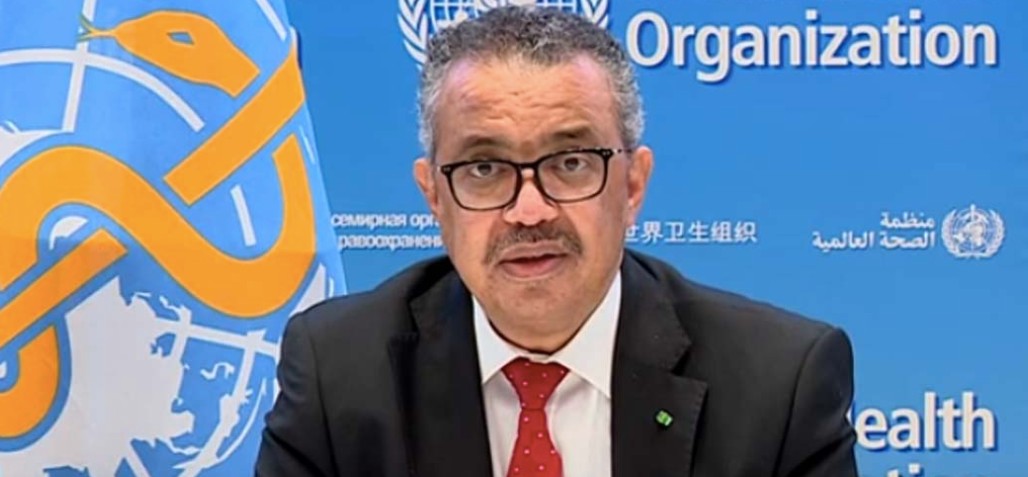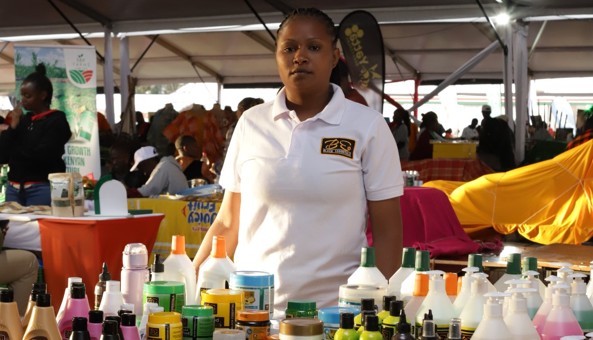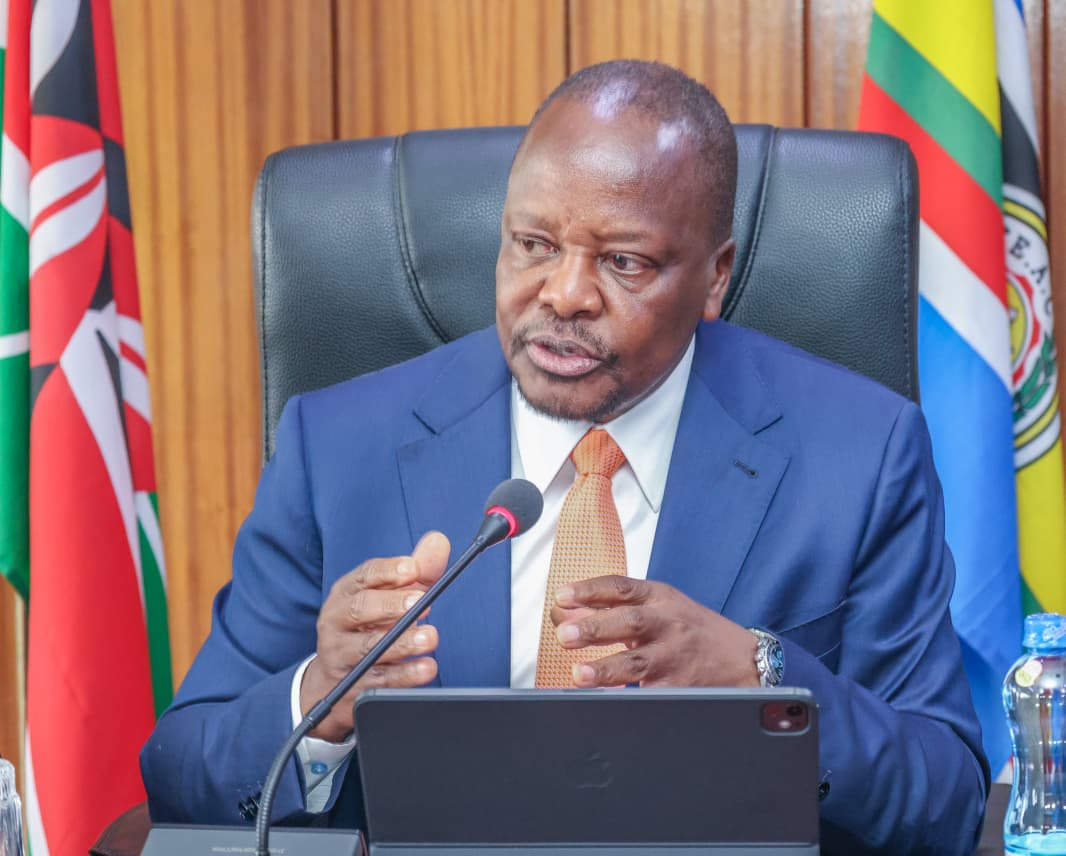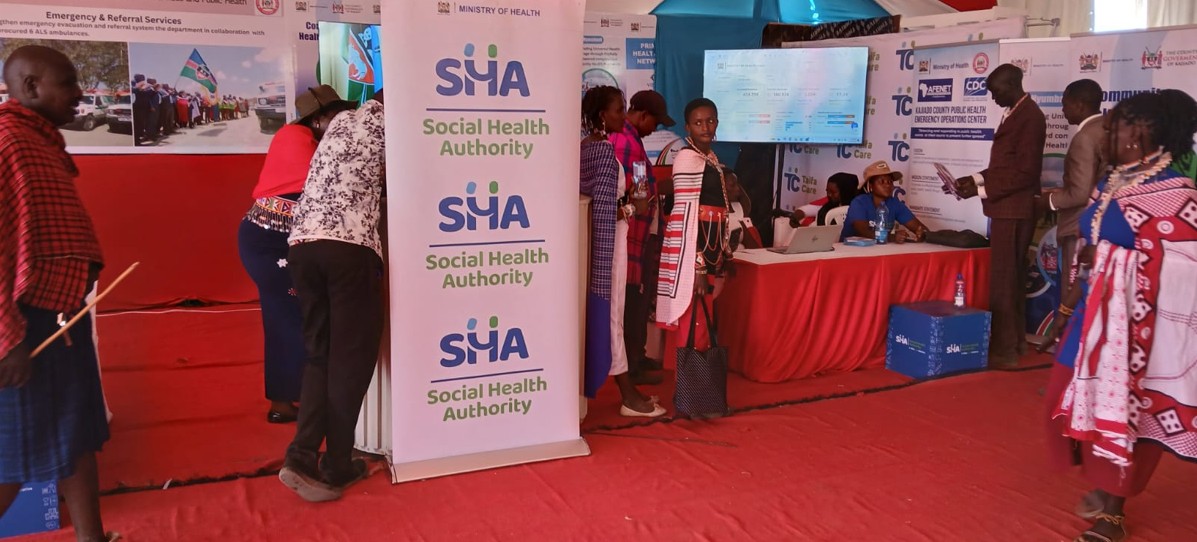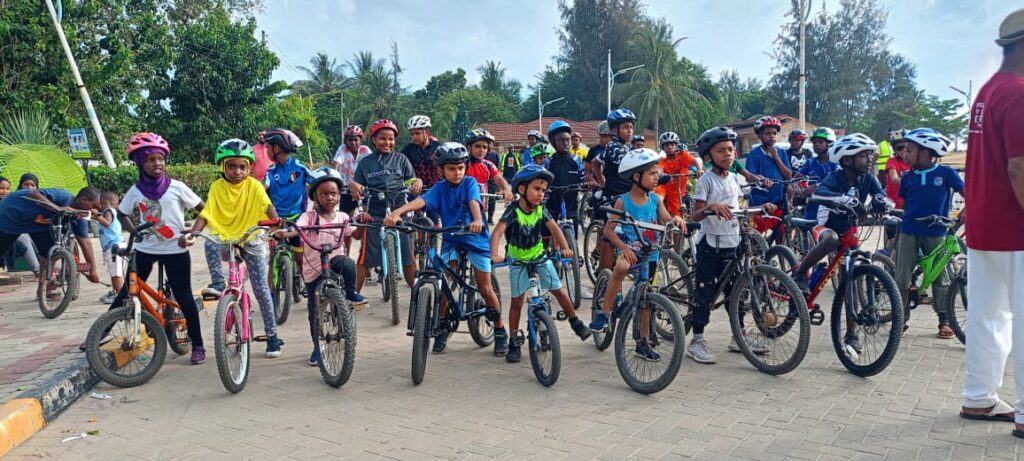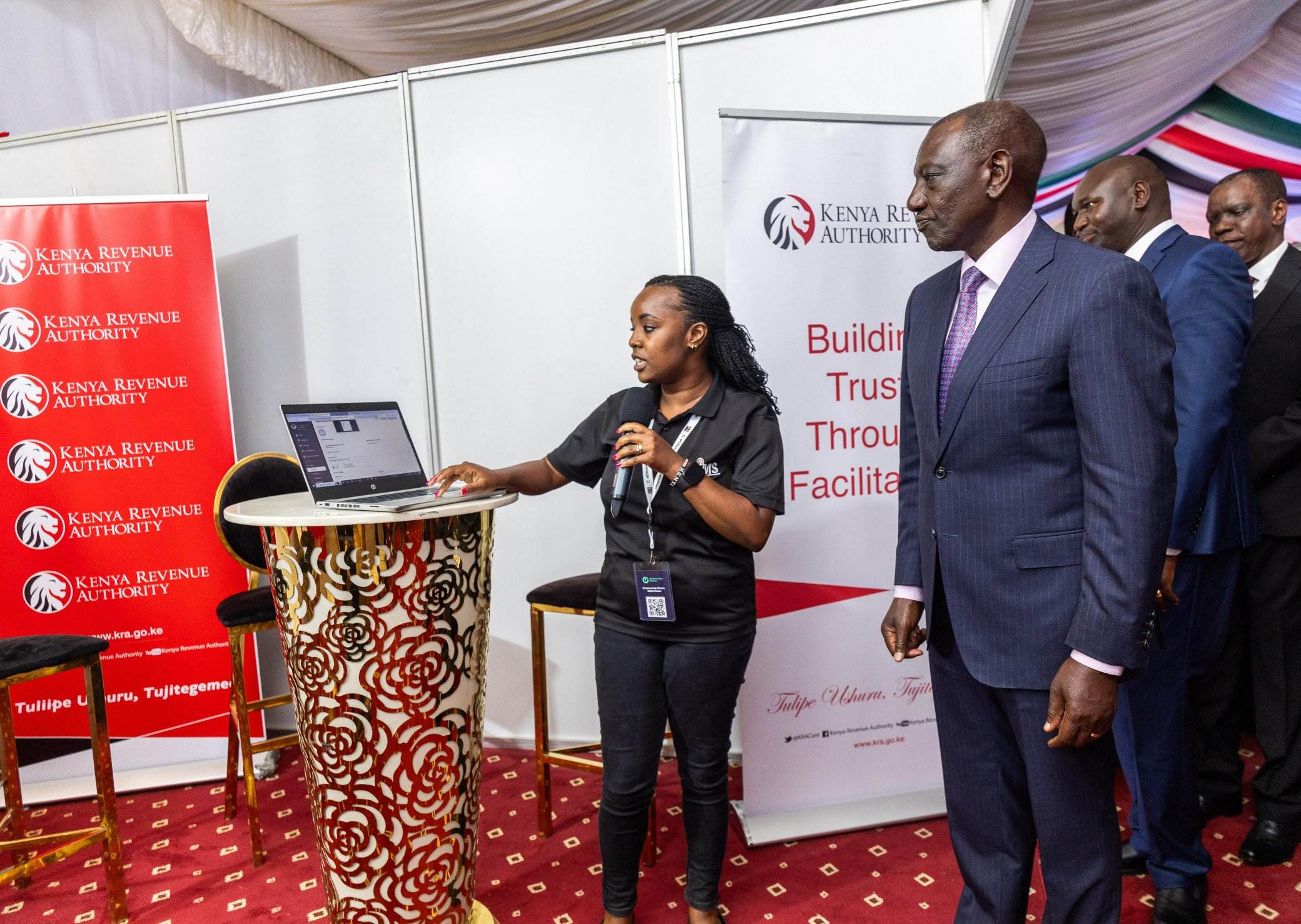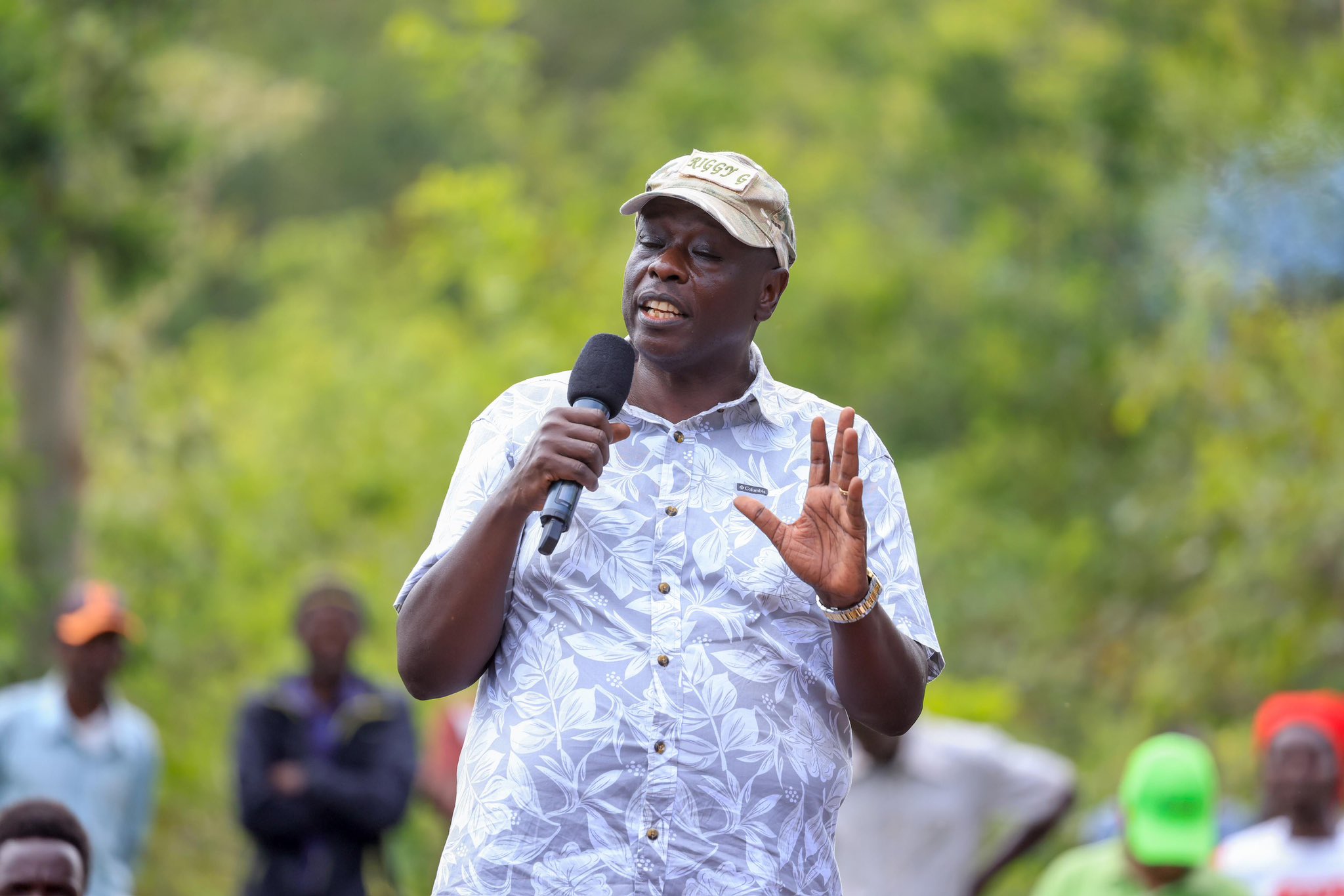Pastoralist women trained on tackling Gender Based Violence in Isiolo
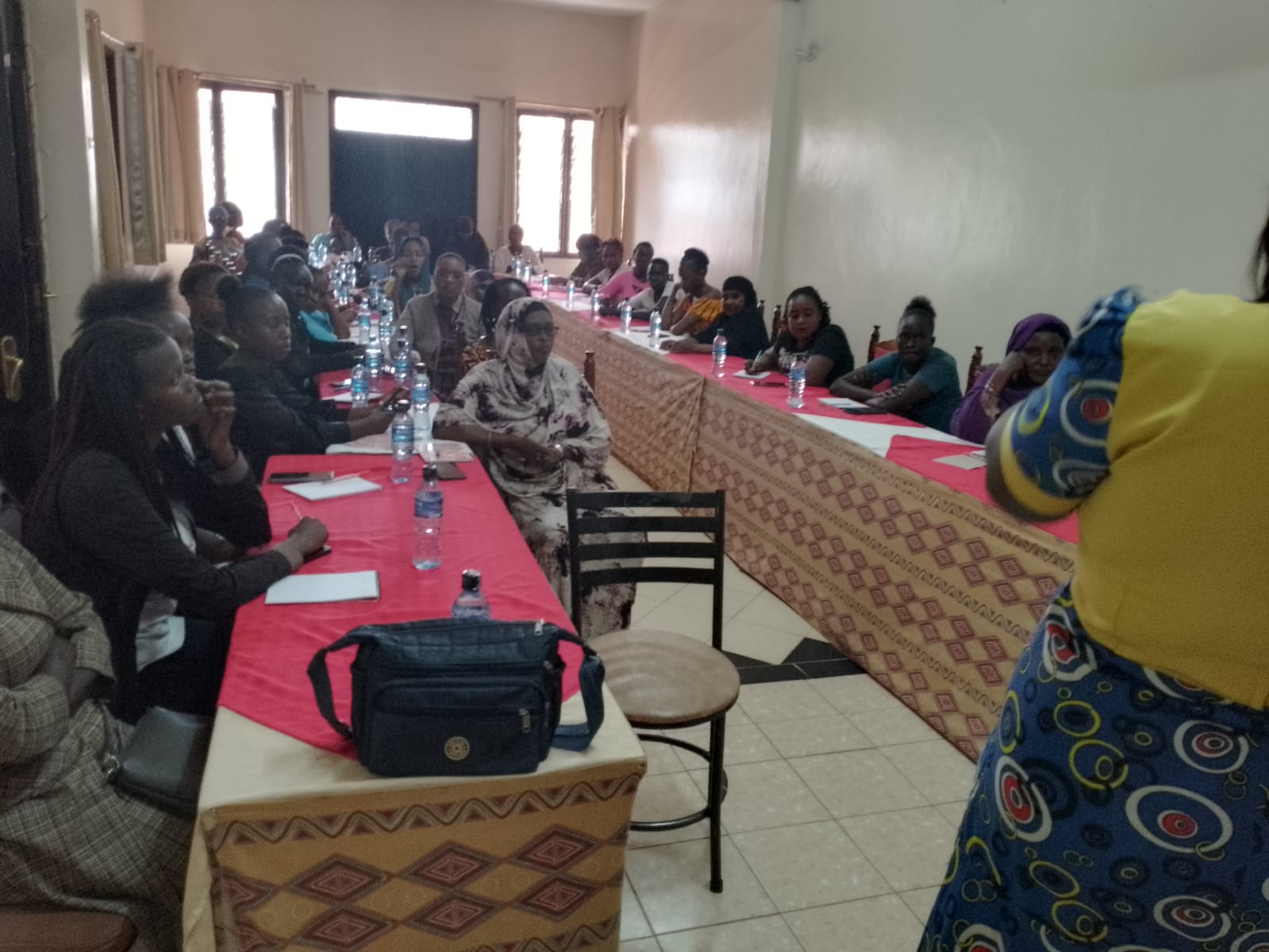
The women from Ngaremara, Burat, Bulapesa, and Wabera wards were also trained on how they could push for the implementation of county policies for eliminating GBV.
Tens of pastoralist women who are members of 40 grassroots groups in four wards in Isiolo County have been trained in preventing and responding to Gender Based Violence.
The initiative sought to enhance their reporting skills on the violence happening within their communities for legal action against perpetrators, enlighten them on their rights and build a social network that would undertake advocacy on GBV and help the survivors access requisite support.
More To Read
- Kenya, UK celebrate success of Sh3.6 billion REINVENT security programme after seven years
- Court dismisses petition to remove Governor Guyo over alleged party defection, sets strict rules for party switching
- W20 pushes G20 to advance women’s economic empowerment, care work, health, climate justice
- Sexual violence driving mass flight from Sudan to South Sudan: What you need to know
- 16 days of activism: Strengthening protection against gender-based violence
- Violence against women and children is deeply connected. Three ways to break the patterns
The women from Ngaremara, Burat, Bulapesa, and Wabera wards were also trained on how they could push for the implementation of county policies for eliminating GBV.
Gender Based Violence is any harmful act that is either physical, sexual, economic or psychological, directed at an individual based on their gender.
The one-year programme dubbed Eliminating GBV Against Indigenous Pastoralist Girls and Women which is funded by the African Women Development Bank and implemented by Isiolo Gender Watch also seeks to push for the inclusion of women in decision-making.
Pastoralist women face a lot of barriers due to patriarchy including limited access to and control over resources, disregard of their education and less participation in decision making which renders them more vulnerable to abuse, violence and exploitation by men.
Kuresha Bille, a beneficiary from the Burat ward, said their focus would be on ending forced and early marriages and Female Genital Mutilation whose prevalence rate stands at 66 per cent.
"We will educate our communities on GBV and the need to report all forms of violence for action against the culprits and not normalise them," she said.
Data shows that four in 10 women in Kenya have suffered physical or sexual abuse mostly by their partners.
Another beneficiary, Halima Mohammud, said the training offered them a platform to build synergies that will enhance their work, especially in following up on reported cases.
"We previously did not have adequate knowledge on reporting (of the cases), especially on information confidentiality and sensitivity but are now well versed," she said.
Isiolo Gender Watch programme officer Peter Ekai said the initiative also seeks to promote gender equality and do away with cultural practices and negative attitudes towards survivors who mostly suffer trauma and mental health issues.
"We want to build women's confidence in speaking against any abuse meted on them and other women," he said, adding that the trainees will scale down the knowledge to the grassroots.
The network will also help in the improved provision of essential services to survivors, including safe centres that serve those at risk or who have experienced violence.
Top Stories Today
